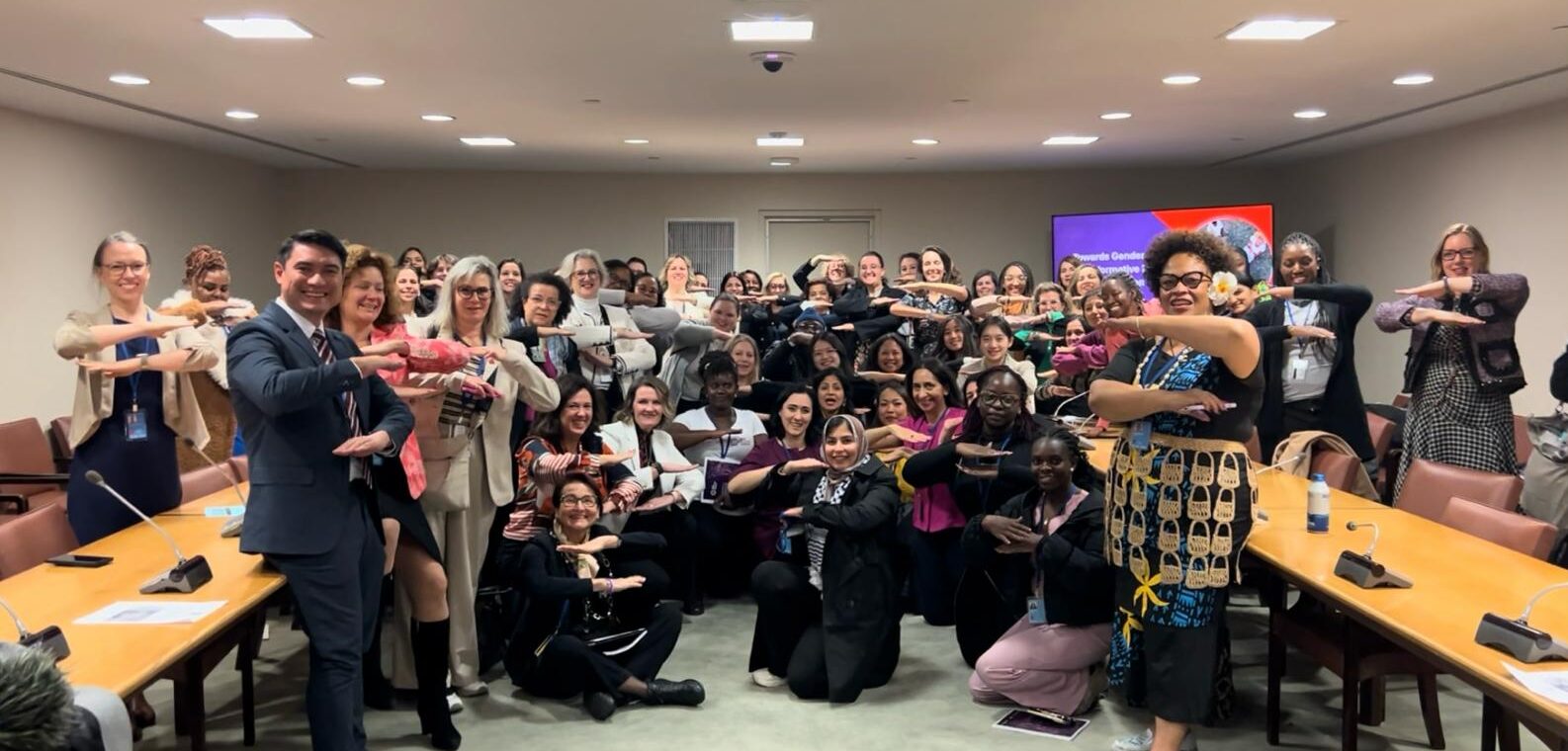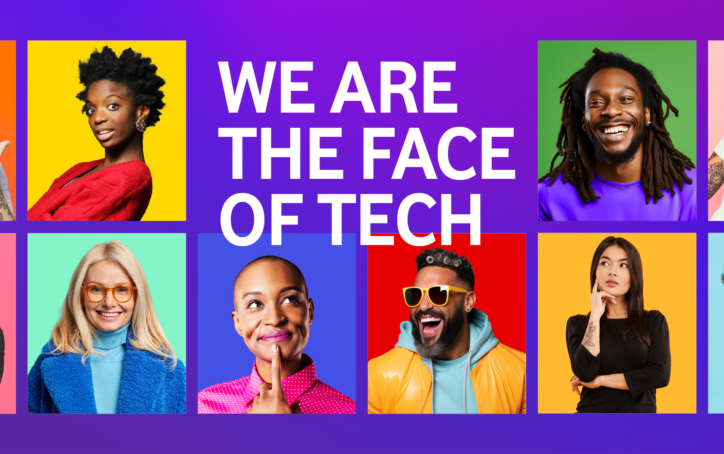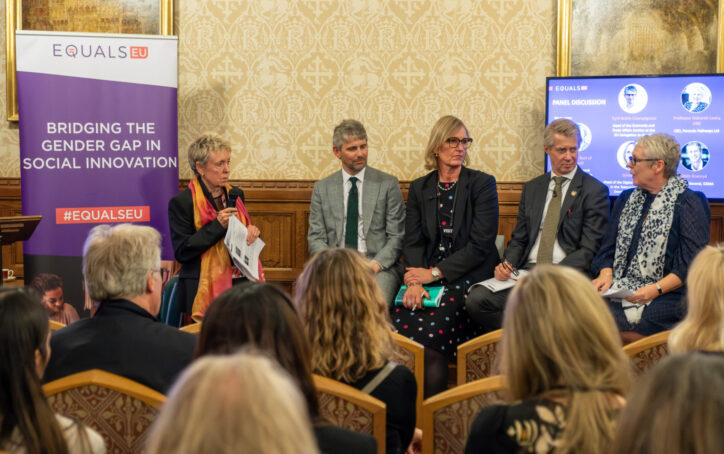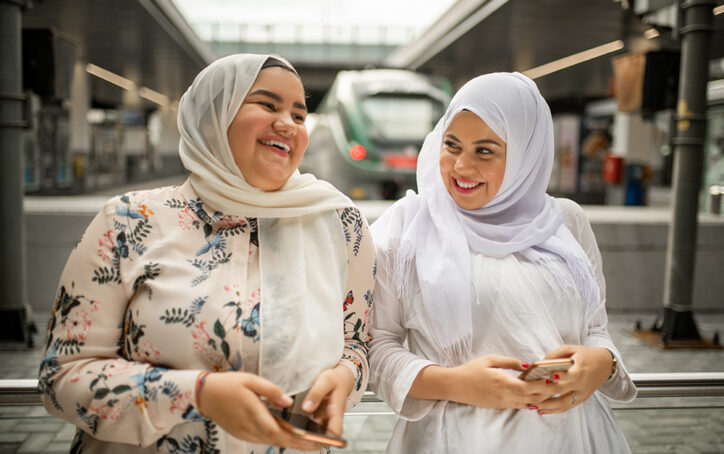
The GSMA Co-Publishes First of Its Kind Gender Transformative Digital Skills Education Framework
To celebrate International Women’s History month the GSMA has co-published the first of its kind gender transformative digital skills education framework which was presented at a high level event hosted on the fringes of the 68th Session of the UN Commission on the Status of Women.
The framework titled “Her Digital Skills: Towards a Gender Transformative Approach” and a set of initial, promising practices is the collective work of EQUALS Her Digital Skills Initiative which includes co-founders; the GSMA, International Telecommunication Union (ITU), Ernst and Young (EY), and Women’s WorldWide Web (W4). There is also a select group of international organizations in this space including the World Bank, UNDP, UNICEF, Plan International, GiZ, and the AIDS Healthcare Foundation. Download the report here.
A decade of research in both low-and middle-income countries (LMICs) and high-income countries shows that regressive social and gender norms play a critical role in perpetuating the gender digital divide, in all its forms.
Designers of digital skills programmes, therefore, must address normative barriers. A ‘gender transformative’ approach to digital skills education – where programmes seek to advance gender equality and/or women’s empowerment by changing harmful gender norms, roles and power relations – is urgently required.
This framework and practitioners’ guide recommends gender-transformative approaches to the design of digital skills education programmes: both inside and outside the classroom. It outlines an inclusive, contextualised, competency-based approach to learning strategies, curricula and content, and underscores the importance of integrating gender norm change theory and practice. The report also recommends how different stakeholders can intervene in the wider ecosystem to bridge the gender digital divide.
This work was conducted in an effort to produce an innovative educational framework in delivering digital skills. It was strengthened with exhaustive research in learning and pedagogical philosophies for the purpose of developing a set of self-paced gender transformative digital skills courses (ie EQUALS Badges). This was part of the EQUALS Her Digital Skills initiative targeting girls and young women across the globe.
Commenting on the importance of this work Tamara Dancheva, Senior International Relations Manager and the Co-Chair of the EQUALS Skills Coalition said: “In 2016, the GSMA led the mobile industry to become the first sector to commit to the UN Sustainable Development Goals, placing digital equity for women and girls at the core of our mission to connect everyone and everything to a better future. Advancing digital gender equity and equality is therefore a topic of critical importance to the GSMA which is why we co-founded the EQUALS Her Digital Skills Initiative. I am particularly pleased that as part of our efforts we have now jointly pioneered a set of guiding principles, which not only aim to tackle the digital skills gender divide, but also normative barriers which lay at the core of gender inequality.”
Claire Sterngold, Market Engagement Manager for Digital Inclusion at the GSMA and member of the Equals GTDSE Expert Group that produced the framework, provided further comments: “Women are 15% less likely than men to use mobile internet across low- and middle-income countries. To address this gap, it is key to address the barriers women face to using mobile phones and the internet including a lack of basic digital skills. The EQUALS Her Digital Skills Initiative Gender Transformative Digital Skills Education Framework provides practitioners and stakeholders working to address the digital gender divide with practical tools and resources to address the barriers women face and support them to acquire the digital skills needed to benefit from connectivity.
Targeted action is needed to both address the mobile internet gender gap as well as ensure that everyone is able to benefit from connectivity. Looking ahead, I am excited to support partners to leverage this framework to drive gender transformative digital skills initiatives to advance women’s digital inclusion.”
The framework and guide are also intended as a valuable resource for stakeholders working to increase the digital skills of women and girls around the world such as practitioners in governments, educational institutions, civil society organisations and the private sector; policy-makers and those involved in advocacy work at the state, national, regional and international levels and other stakeholders in the wider ecosystem, including employers, mass media institutions and social media platform providers.



